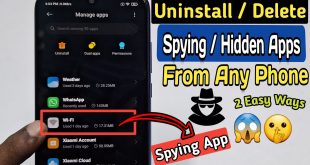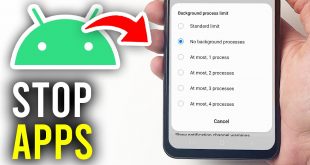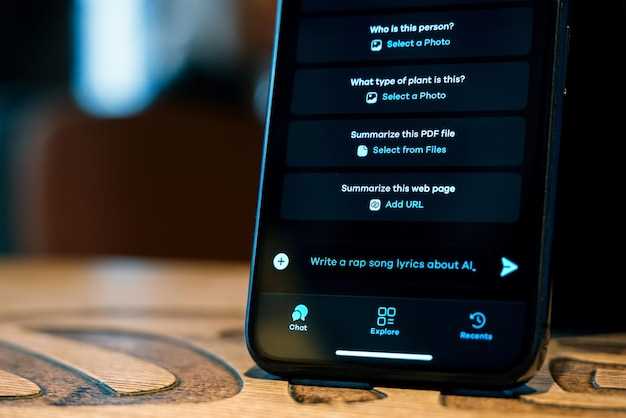
In today’s fast-paced digital world, capturing important phone conversations has become increasingly valuable. Whether for business purposes, personal use, or documentation, recording phone calls can provide a secure and convenient way to preserve valuable information. For Android users, there exists a wide range of options and techniques to effectively capture phone calls, each with its own advantages and disadvantages.
This comprehensive guide will delve into the intricacies of recording phone calls on Android devices. We will explore various methods, including built-in features, third-party applications, and external hardware. By providing step-by-step instructions, tips, and troubleshooting advice, this guide empowers Android users to confidently immortalize their phone conversations.
Capturing Conversations on Android: An Extensive Manual
Table of Contents
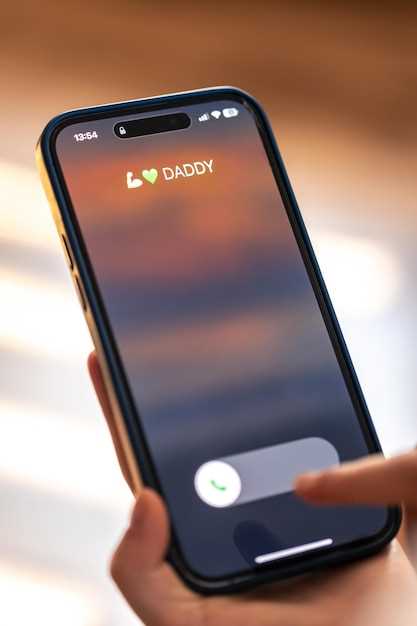
This section presents an in-depth exploration of techniques to capture phone conversations on Android devices. From understanding the nuances of recording laws and choosing suitable software to mastering advanced settings, this comprehensive guide empowers you to effectively preserve your audio exchanges.
| Section | Description |
|---|---|
| Legal Considerations | Navigating the legal implications of recording phone calls, ensuring compliance with regulations and safeguarding privacy. |
| Software Selection | Exploring a range of call recording applications, evaluating features, and choosing the most appropriate software for your needs. |
| Settings Optimization | Customizing recording parameters, configuring audio quality, and exploring advanced options to enhance the clarity and accuracy of captured conversations. |
| Troubleshooting | Addressing common issues encountered during call recording, such as file retrieval problems, audio quality issues, and app compatibility concerns. |
Record Phone Calls with Built-in Tools
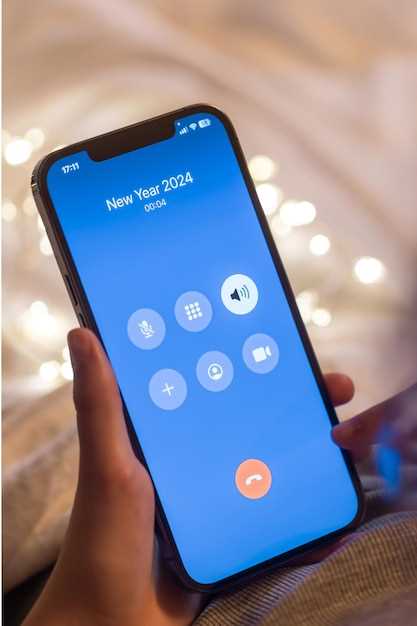
Certain Android devices come equipped with native call recording capabilities. These inherent tools provide a convenient and direct approach to capturing conversations without the need for external applications. Let’s delve into the process of utilizing these built-in features.
| Device | Procedure |
|---|---|
| Google Pixel |
During a call, tap the “Record” icon in the bottom right corner. |
| Samsung Galaxy |
Open the Phone app, go to “Settings”> “Call Recording,” and turn on the toggle. |
| Xiaomi |
During a call, tap the “More” icon and select “Record.” |
Please note that call recording availability and specific procedures may vary depending on the device model and Android version. It’s advisable to consult the device’s user manual or online resources for detailed instructions.
Use Third-Party Call Recording Apps
Alternative to inbuilt methods, third-party software offers comprehensive call recording capabilities. These apps seamlessly integrate with your device’s operating system, providing effortless recording initiation and retrieval.
Numerous options are available in app stores, including both free and premium versions. Before selecting an app, consider factors such as:
| Feature | Considerations |
|---|---|
| Compatibility | Ensure compatibility with your device and Android version |
| Recording options | Check if it supports manual or automatic recording |
| Storage and playback | Verify available storage space and ease of accessing recordings |
| Privacy and security | Read reviews and check permissions to safeguard data |
Best Call Recording Apps for Android
Capture and preserve important conversations effortlessly with our curated selection of top-rated call recording apps for Android. These apps empower you to effortlessly record incoming and outgoing calls, offering a comprehensive range of features and capabilities to suit your unique needs. Whether you’re a professional, a student, or simply want to keep a record of important calls, we’ve got you covered. Explore our comprehensive guide and discover the perfect app to enhance your Android communication experience.
Legal and Ethical Considerations
Prior to recording phone conversations, it is imperative to be cognizant of both legal and ethical implications. The legal landscape governing call recording varies significantly among jurisdictions, with some jurisdictions requiring explicit consent from all parties involved, while others may permit recording without consent under specific circumstances. It is essential to familiarize oneself with the applicable laws to ensure compliance.
Beyond legal considerations, it is also important to consider the ethical implications of call recording. Recording someone without their knowledge or consent can constitute an invasion of privacy and may raise ethical concerns. Transparency and honesty are crucial in this regard, and it is generally advisable to inform the other party of your intention to record the conversation, especially when recording for personal or non-business purposes.
The following table provides a brief overview of the legal requirements for call recording in various countries:
| Country | Legal Requirement |
|---|---|
| United States | One-party consent (consent from the person recording or their agent) |
| United Kingdom | Two-party consent (consent from all parties to the conversation) |
| Canada | One-party consent for personal conversations, two-party consent for business conversations |
| Australia | One-party consent for personal conversations, two-party consent for business conversations |
Additional Tricks and Tips
Beyond the basic methods described, here are some additional tricks and expert advice to enhance your call recording experience:
Use a High-Quality Recording App:
The quality of your recordings largely depends on the app you choose. Invest in a premium app that offers features like noise reduction, crystal-clear audio, and cloud storage options.
Enable Auto-Recording:
If you frequently need to record calls, consider enabling the auto-recording feature. This will automatically capture incoming and outgoing calls without any manual intervention.
Set Up a Dedicated Recording Line:
If you’re using a VoIP service, separate business calls from personal contacts. Set up a dedicated line for recording calls and forward all important calls to that line.
Organize Your Recordings Efficiently:
As you accumulate recordings, organizing them becomes crucial. Label and categorize calls based on their relevance, date, and participants to facilitate easy retrieval.
Share Recordings Securely:
Sharing recordings is often necessary. Use secure methods like cloud storage platforms (Google Drive, Dropbox) or password-protected emails to share recordings with authorized individuals.
FAQ:
Can I record phone calls on my Android phone without rooting it?
Yes, it is possible to record phone calls on your Android phone without rooting it. There are several third-party apps available on the Google Play Store that allow you to do this. However, the availability and functionality of these apps may vary depending on your device and Android version.
What is the best call recording app for Android?
There are several reputable call recording apps available for Android, but the best one for you will depend on your specific needs and preferences. Some popular and highly-rated options include ACR (Automatic Call Recorder), Call Recorder – Cube ACR, and Automatic Call Recorder Pro. These apps offer a range of features, such as automatic call recording, manual recording, cloud storage, and transcription.
Can I record phone calls made over VoIP apps like WhatsApp and Telegram?
Recording calls made over VoIP (Voice over Internet Protocol) apps like WhatsApp and Telegram is typically more challenging than recording regular phone calls. The availability and functionality of call recording features for VoIP apps vary depending on the app and your device. Some VoIP apps, such as Skype, have built-in call recording capabilities, while others may require the use of third-party apps or rooting your device.
Are there any legal restrictions on recording phone calls?
The legality of recording phone calls varies depending on your location and the specific laws and regulations applicable to your situation. In many countries, it is generally legal to record phone calls with the consent of all parties involved. However, it is important to check the specific laws and regulations in your jurisdiction before recording phone calls, as there may be certain restrictions or requirements that apply.
 New mods for android everyday
New mods for android everyday

